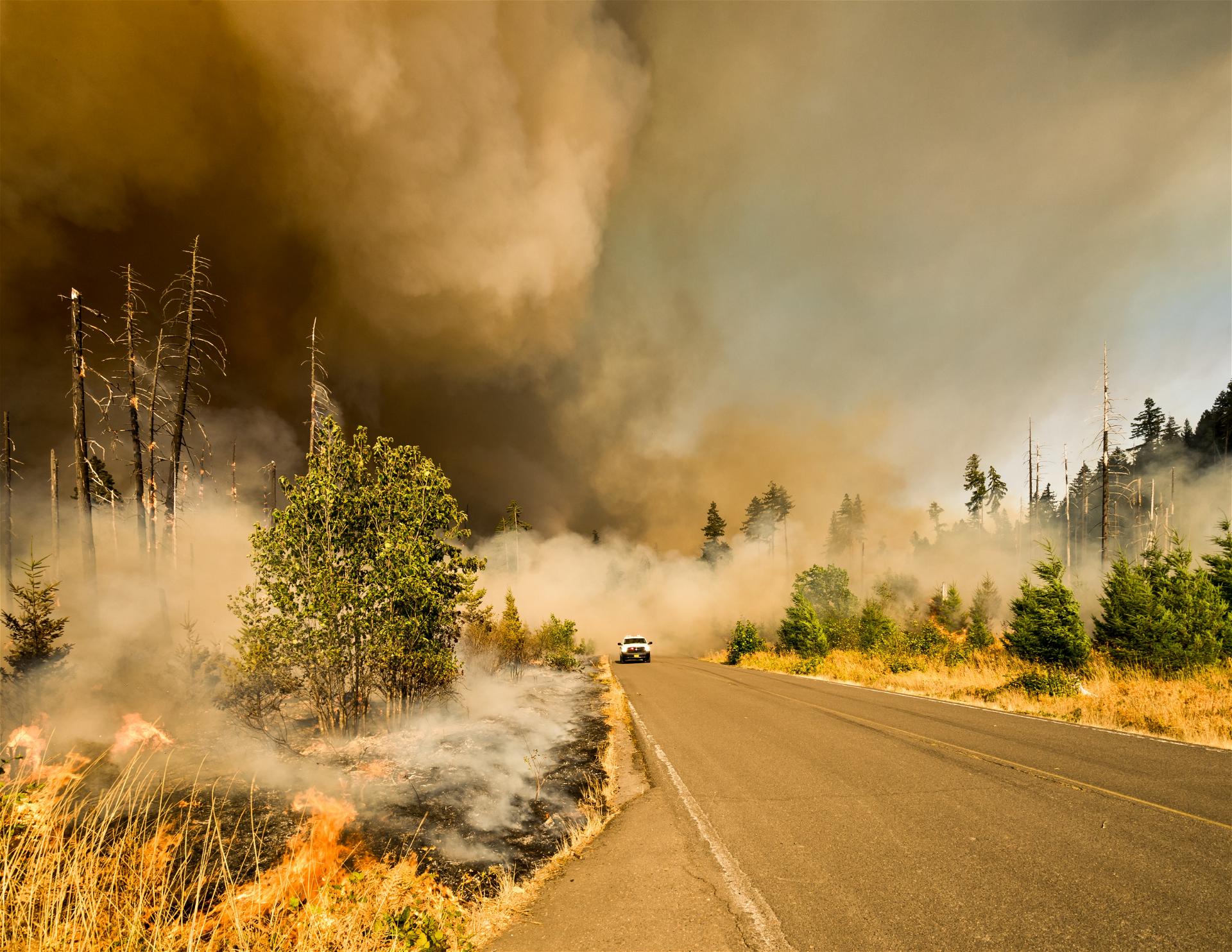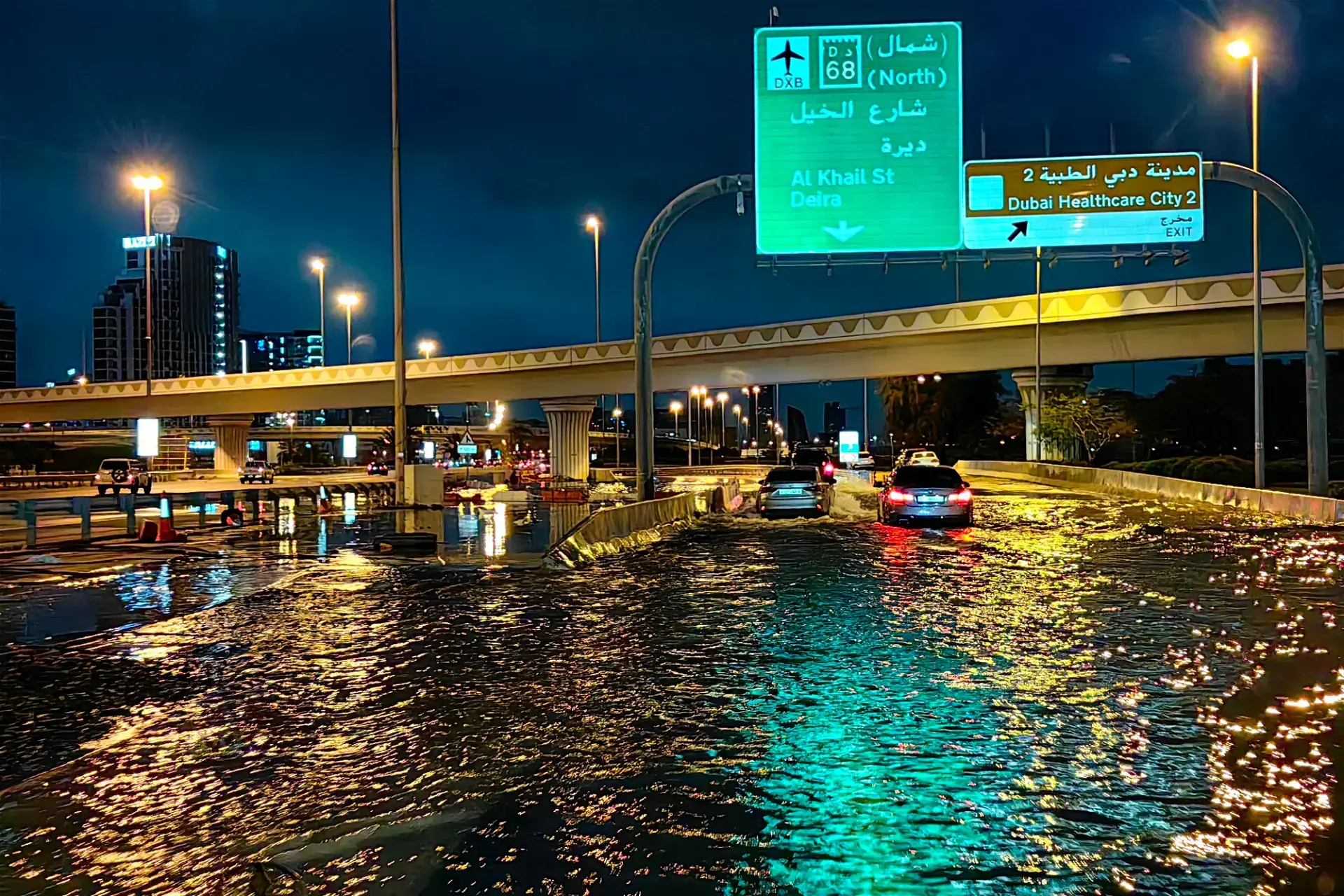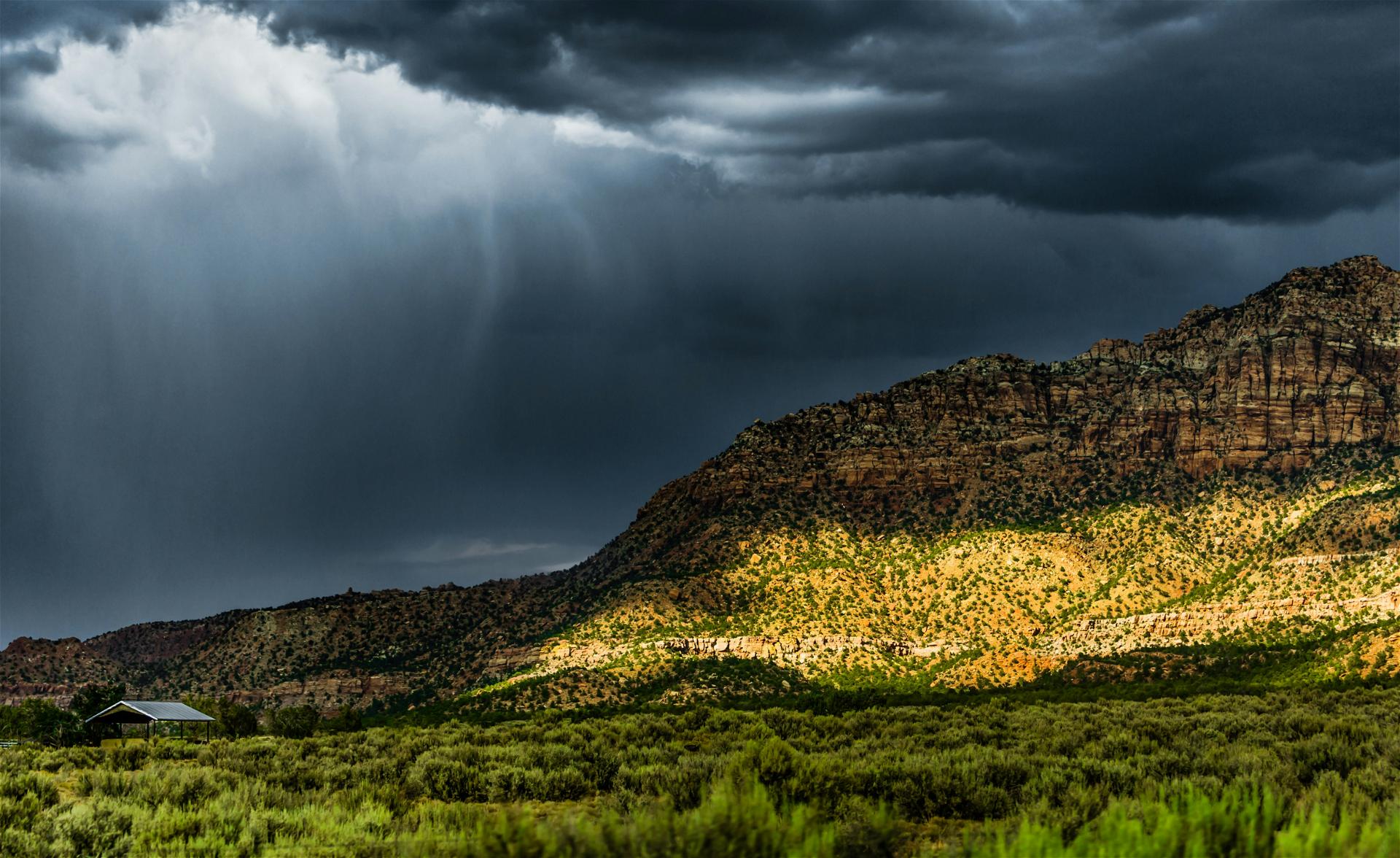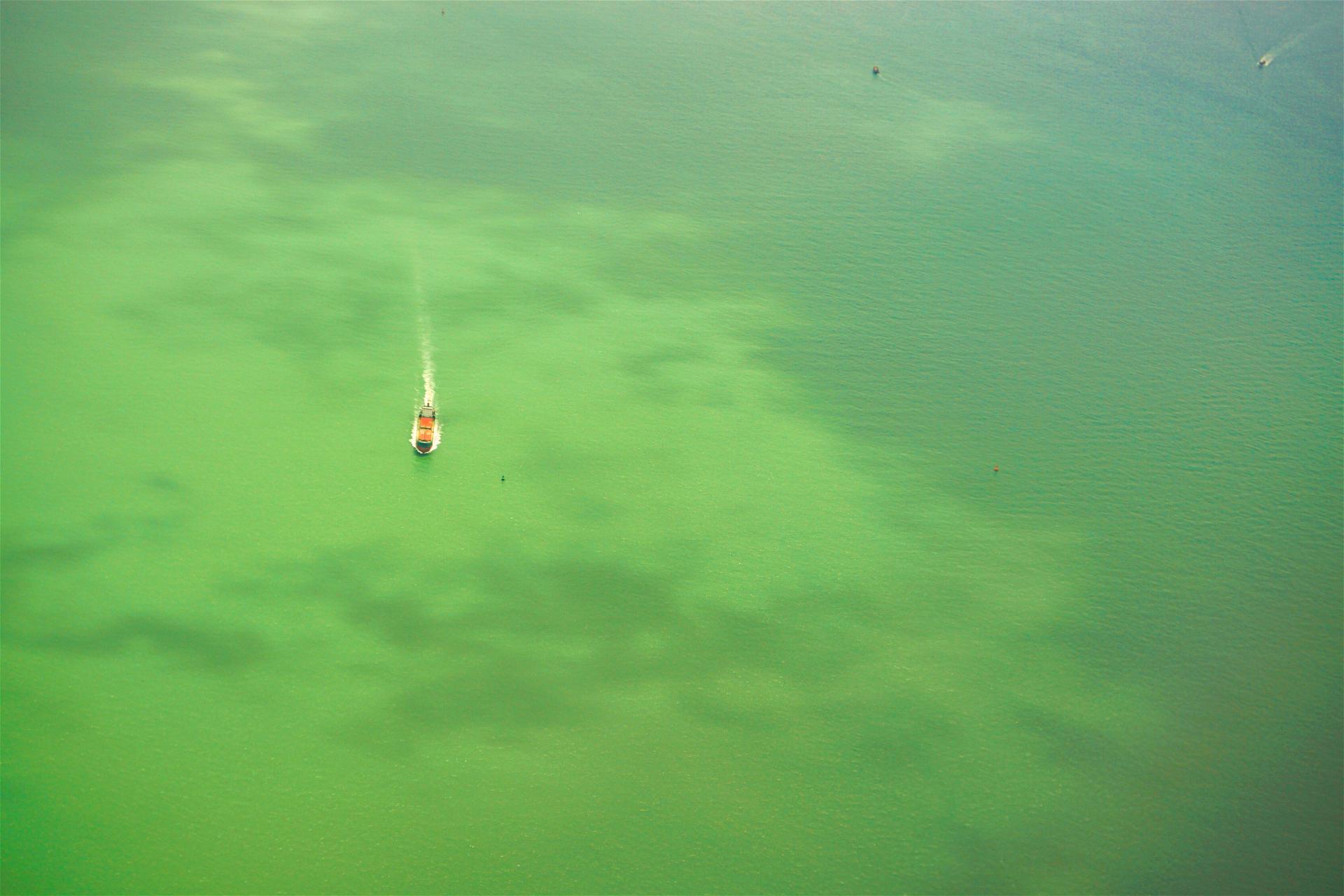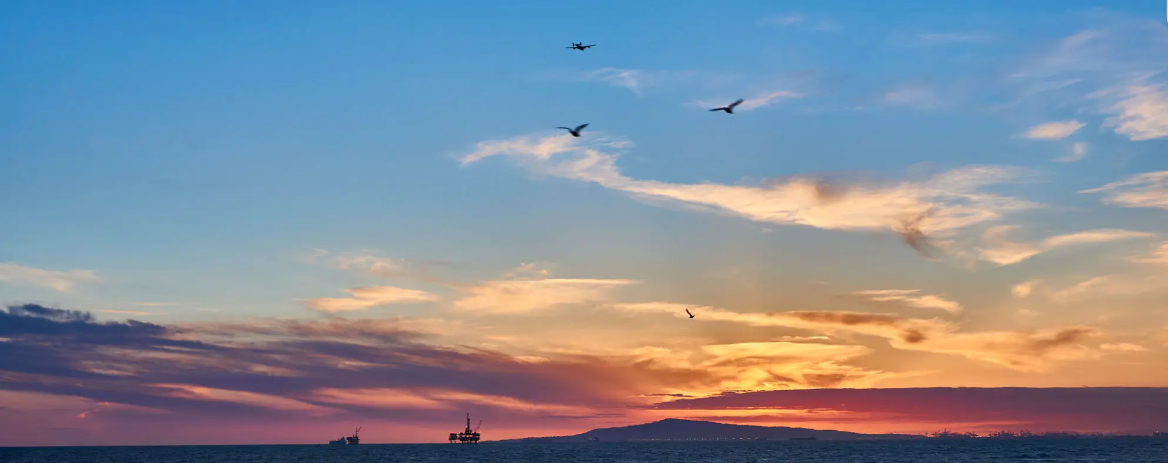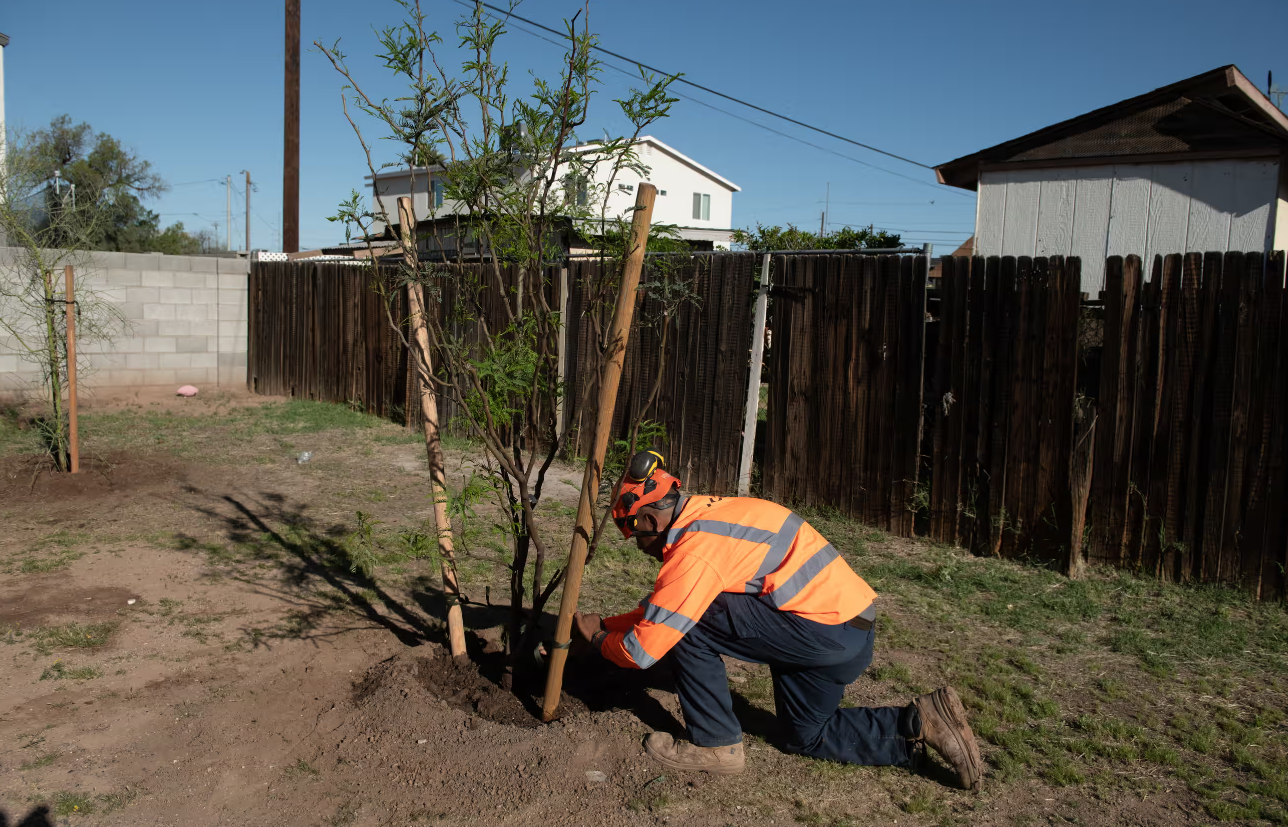· 11 min read
In an address to his ministers, which, exceptionally, was broadcast, French President Emmanuel Macron called on the government and the nation for 'unity' in the face of the 'great upheaval' - marked by the end of 'abundance', the 'evidence' of the impact of our habits and “insouciance'. Strong decisions await the government. It is normal business for a government to manage serious crises. The moment we live in goes beyond this.
In the era of globalisation, the logic of comparative advantage and capital's pursuit of profit prevailed. Moving forward, profit must be supplemented by environmental protection and security of resource. This changes the whole economic paradigm.
What we are experiencing is different - entering 'the order of major upheavals'. The word Macron uses is bouleversement. In this perspective, the war in Ukraine, which has triggered concerns over security of resource, is an example of what climate change as a structural trend, will bring about in terms of resource prices.
In Italy, we experience cognitive dissonance.
While some still waste time croaking about the causes of climate change, the ongoing electoral campaign is disconnected from reality. Climate change, along with its impacts, is accelerating. The “vital signs” of the planet, as NASA puts it, are deteriorating at an alarming rate. Mario Draghi, in a recent speech, recalled the adverse impacts of accelerating climate change on Italy. But he failed to grasp how essentially disruptive it is, not recognising that climate change calls into question the viability of current economic models.
The drought of summer 2022 is significant and prolonged worldwide, from Europe to China, the United States to Africa, and has brought with it serious knock-on effects on energy production, entire industrial sectors and food security. Drought, warns a UN report, has increased by 29% in a generation. And it will get worse.
At the same time, concurrent ecological crises are happening, and they are threat multipliers. Across the world glaciers are receding. The lives of over a billion people are dependent on the annual melting of those in the Himalayas, and this is just an example. As I write, unprecedented floods have destroyed almost 50 per cent of Pakistan. More than 1000 dead and a massive economic loss of $4 Billion has left the already underdeveloped parts of Baluchistan and Sindh under complete destruction.
Rainwater is no longer drinkable anywhere in the world. The cause is a class of industrial chemical compounds, perfluorinated PFOS and PFOA, which never decompose in the environment.
Humanity is “at a crossroads” and action must be taken “urgently, using every possible tool” (UN). At risk ‘the ecological systems on which the survival of all life, including our own species, depends’. Facit, climate change is an existential threat. For the militaries of major countries, it is an ‘immediate and direct’ threat to national security.
Italy is not well placed. The Mediterranean and the Balkans are becoming a hotspot for climate change.
Projections made with the most advanced models indicate that significant changes will occur in the region. From 2021 onwards, we are seeing substantial warming and a decrease in precipitation of around 5 per cent. Heat waves and fires are doing the rest, and desertification will increase further. Unfortunately, worst-case scenarios seem to be correct.
The current situation is already critical. The minimum threshold of water required to meet the water needs in a region is 1,700 m³ per capita/year. In the southern and eastern Mediterranean, 180 million people live in 'water poverty' with only 1,000 m³ /year. Of these, some 80 million survive under severe water scarcity (500 m³/year). A growing pressure that will contribute to social instability and to the migration of millions of people. This is a campaign memo for the right-wing parties in Italy.
In many areas of the Mediterranean, 80 per cent of available freshwater withdrawals are for agricultural purposes. Most of the water for irrigation is needed in summer, when demand is highest and water least available.
Technological and biotechnological innovation in crops will help, but it will not be enough. Intensive production models that deplete the soil and water resources in a vicious circle will have to be changed. This is why the EU aims to decarbonise agriculture and reduce the use of chemical fertilisers by 30 per cent by 2030. However, the consumption of certain foodstuffs and products will also have to be reduced.
The same applies to energy. A few days ago, the President of an Italian energy think-tank, Davide Tabarelli, certainly not a green romantic, acknowledged that a savings plan for gas and energy is urgently needed.
What he forgot to say is that these are measures that must become structural. Energy and resource efficiency are tools of resilience in a changing world.
In China, an intense heat wave and drought in the south around the Yangtze river basin is drying up rivers. Water levels in dams are falling, limiting electricity production in power plants, just as demand for air conditioning is increasing. To avoid power outages, the authorities in the province of Sichuan - which relies on hydropower for about 80 per cent of its energy needs - have ordered factories to stop operations. The drought is also weighing on energy production globally.
In a world which is deeply interconnected, the backlash on the global economy of a Chinese slowdown could be severe.
Without water, power stations stop. Even nuclear ones. These need large amounts of water for cooling processes. For example, France, for the first time this year, was forced to import electricity from its European neighbours due to nuclear plant shutdowns.
As the era of abundance comes to an end, economic sobriety will become the rule of the game. Moving away from fossil fuels will deliver us a different, leaner and more essential world.
The world today is organised on the strength of infrastructure and production capacities that are the result of several centuries of investment involving very long life cycles.
Changing this system and transitioning to new energy sources, while maintaining as much as possible what fossil fuels have helped to build, requires method and planning, the operational model of the Chinese system.
And “this”, Mauro Petriccione told me in 2019, “is the vision behind the European Green Deal.” Mauro Petriccione, who unexpectedly passed away this week, was the European Commission's top official, Director-General of the Directorate-General for Climate Action, leading the Commission’s effort to fast-track the transformation of the EU economy.
In European countries, the only way to have a plan that survives political change, is if there is a very strong consensus among voters and civil society, which transcends the person in office at the time.
Petriccione realised the need for consensus on decarbonisation, which means that the plan must be forged with the actors who will have to implement it. The more environmental catastrophes happen, the greater the awareness. A responsible policy means avoiding going to the edge of the abyss.
Today, for example, no French presidential candidate would propose abolishing healthcare or social security because the French are viscerally attached to it.
"Despite the growing signs of hope, there is no doubt that the road ahead is fraught with difficulties, as we are building something completely new.” Continued Mauro. “Today, nobody knows how a decarbonised economy will work. Right now, there is broad public support for green policies. In the EU, I see that today the socialist, liberal and Christian-democratic parties have embraced greener policies than the Greens proposed a few years ago. This is a radical change. Until a few years ago, and I think 2018 can be considered a watershed, no one in the EU, neither the Commission, nor even most Member States, was doing enough on climate policies. Climate change and environmental protection were important goals but second to other political priorities, often more important or more urgent. The situation has changed. In part, this is due to changing public opinion. Fridays for Future, which is the first continent-wide mass political youth movement since the protests of the 1968 generation is impressive. They are more constructive, they have a vision of what they want to achieve. In Europe, they really pushed politicians to act. However, I wonder whether these young people fully realise what they have triggered; whether they are aware of the momentous changes that lie ahead”. But we cannot afford not to act.
What he knew for sure is that if we don't support our economies and our people during the transition, if the choice for our workers comes down to protecting the environment or losing their jobs, then we won't make it. And the Green Deal will only become a lost cause.
In the end, it will be the voters who will make the difference between success and failure'. But public opinion is shifting.
My first, long conversation with Mauro in the summer of 2018 began with these words. More would follow. Always too few until the news of his death.
The Italian-born, pragmatic, no-nonsense jurist had worked for the European Commission since 1987. Wherever he went, his reputation preceded him. As deputy director general of the EC’s Directorate-General for Trade, he led the negotiations that led to the EU-Canada Comprehensive Economic and Trade Agreement, or CETA. He also was part of the negotiation team which led to the Economic Partnership Agreement with Japan, of which he was very proud.
“The EU is integrating climate objectives into international trade agreement”, he said to the writer, commenting on the Brexit deal (with London). Similarly in regard to the CAI -- Comprehensive Agreement in principle on Investment (with Beijing). Both accords were announced in December 2021.
He believed that the alignment on climate and environment could become a convergence tool to ensure the “level playing field” necessary in Brussels and Beijing.
He will be remembered not only for the results he achieved, but also for the network of friendly and trusting relations he had managed to build during various negotiations. This was an approach he felt it was essential to preserve when he took up a new climate-related post, fraught with difficulties, and involving engagement with complex partners.
He followed a similar path to negotiations with China from the very beginning of his new assignment. Petriccione was open and deeply curious. Despite initial difficulties in understanding the rules of his new colleagues and their system, he had internalised the underlying mechanisms and was able to create trust, speak clearly and be heard within a few months.
For Petriccione, China was an inevitable partner. Relations with Beijing on climate and environment have become solid, he told me recently.
But more needs to be done globally to adequately respond to the urgency and speed of climate change.
Petriccione believed it was time to move to a “transformative” approach within the global community, with Beijing as well as with other international partners.
Unlike many, he had the intellectual means to imagine how this transformative framework could be designed. The toolbox came to him from his education, intelligence and experience.
Before 2018, his career had dealt with everything but climate, ranging from trade, defence, standards, investment and competition to agribusiness, WTO, dispute settlement, relations with EU member states, and Asia and Latin America ties.
A stranger to the clique of the usual faces on the climate negotiations arena, Petriccione embodied a fresh perspective on the process of global work streams, brought in new concepts and learnt the jargon fast.
His experience allowed him to approach thorny issues that had remained unsolved for decades, mostly for a lack of political will, from angles traditionally not associated with environmental negotiations, even though they were intrinsically relevant to the process of change.
It is therefore not surprising that he was appointed to the EC’s top climate post when the commission decided it was time to get serious about the Paris climate accord.
It is nowadays commonly acknowledged, and Petriccione agreed, that the lack of multilateral alignment on energy, industrial and trade policies had led to the repeated failures of various international climate change conferences right up to the COP25 event in Madrid, Spain, in December 2019.
A turning point that came during the COP26 summit at Glasgow, United Kingdom, in 2021, and the recent landmark US climate legislation are due to a fundamental shift in perspective that is now accepted, though not yet realised.
The urgency of the threat is pushing the global community to action, and protection of climate and natural systems have now become the focus of government policy and action.
The EC climate action chief believed “that the Paris Agreement, even with all its flaws, gave rise to an original and potentially very effective mechanism of process obligations, which leave room for national choices of substance, but once those choices are made, give them a degree of de facto obligation”.
Petriccione could imagine, he told me once, seeing the United Nations Climate Change Secretariat in Bonn, Germany, acquiring a stronger role.
As he often emphasised, the global challenge of climate change requires policies both to reduce the carbon intensity of the economy and to enhance natural carbon sinks, with initiatives covering energy, industry, transport and agriculture sectors, along with relevant fiscal policies, including taxation and incentive systems.
In short, the climate change challenge is a matter of industrial, economic and social policies.
One last point. Petriccione could have retired earlier, but he stayed on at the request of the political leaders. It is due to a spirit of service, but also because he had a mission — to save the planet’s climate.
I hope that his legacy will be carried forward in a fitting manner.
This article is also published on the author's blog. Illuminem Voices is a democratic space presenting the thoughts and opinions of leading Sustainability & Energy writers, their opinions do not necessarily represent those of illuminem.
